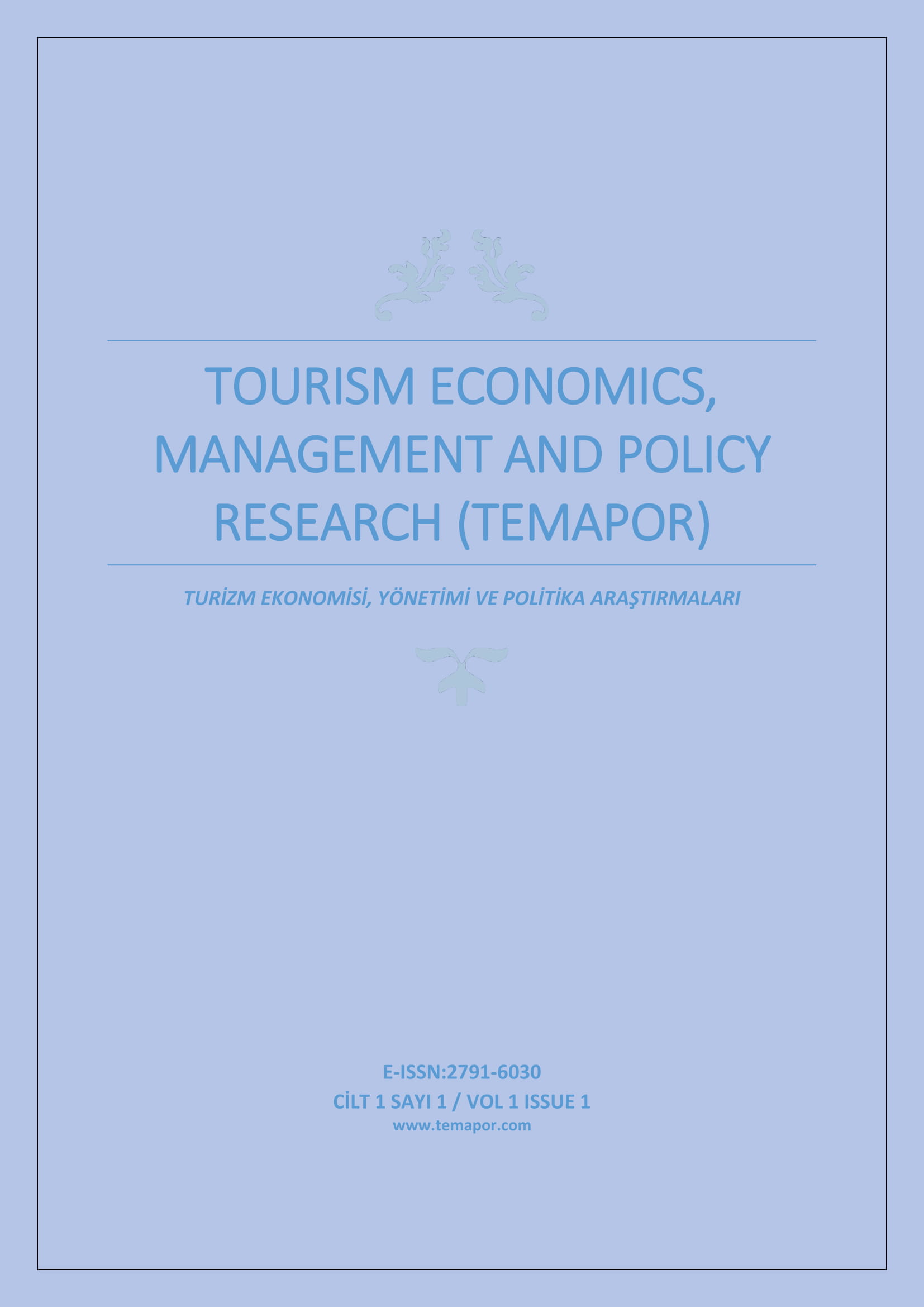
Turizm Ekonomisi, Yönetimi ve Politika Araştırması
Yazarlar: Lei Wang, Zi-Xu Wang, Qi Zhang, Philip Pong Weng Wong
Konular:-
DOI:
Anahtar Kelimeler:Religiosity,Consumers’ attitudinal characteristics,Consumer loyalty,Theory of reasoned action & Theory of planned behaviour,Green hotel selection
Özet: The previous investigations of green purchase attitude-behaviour gap have shown inconclusive or even controversial results. Researchers appear to have under-estimated or ignored the religiosity as an individual’s fundamental belief and core values that influence consumers’ decision-making process. The purpose of this study is to examine the relationship between religiosity, consumers’ green purchase attitudinal characteristics, and behavioural aspects which is consumer attitudinal loyalty. A total of 418 usable questionnaires were collected to empirically test the hypotheses using SPSS and Structural Equation Modeling. The results showed that religiosity positively influenced perceived consumer effectiveness, environmental concern, environmental knowledge, and ultimate leading to consumer loyalty. Further, religiosity displays negative influence on consumer loyalty. This study expanded the existing knowledge based on green hotel selection among Chinese religious consumers in the tourism literature. The empirical findings would greatly benefit hotel managers and other key stakeholders in the hospitality industry.